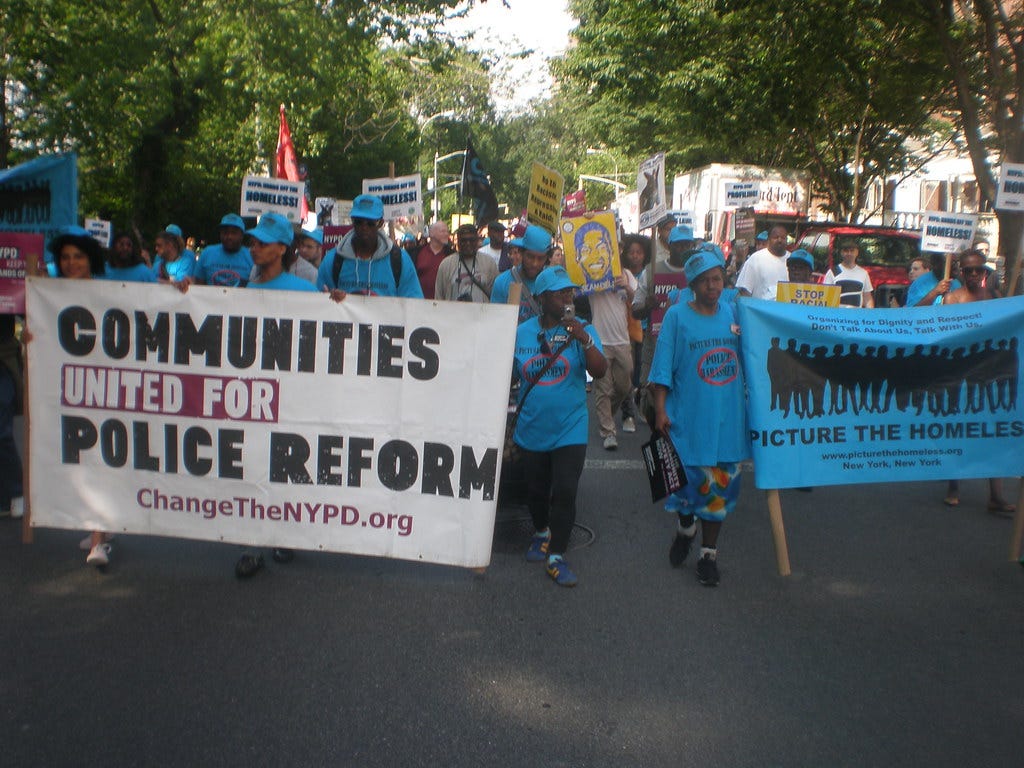‘Join or Die’, Robert Putnam, and the Growing Need for Grassroots Community
The OAJ is currently looking for interested students to join our team! If you’ve read our work before (or if this is your first time), and you like what we do, please email OAJ Executive Editor Paulina Campos at openair@brandeis.edu to join the journal.
The piece below is part of our weekly blog post series written by the Open-Air Journal team where we explore issues at Heller, current events, or whatever is presently on our minds.

Recently, I watched a 2023 documentary on Netflix called “Join or Die”. The film follows the life and work of Robert Putnam, a political scientist that has spent his life trying to understand how community plays into different aspects of life and our political participation. This led him to conduct surveys and analyses of public engagement, affiliations from local bowling teams to political parties and everything in between, where the film hopes to convey “how joining a club can save America”. While I had few expectations for how I would feel by the time credits rolled, something clicked by the end of the film that made me think of how the lessons of the film could be applied to political advocacy and participation.
The root of this research comes when Putnam was studying the Italian government and satisfaction with it when they had decided to split power into set regions in 1970. Putnam then measured the success of the regional governments in how much they accomplished and satisfaction among the polis, which tends to rise with greater accomplishments. After some trial and error, Putnam found that rather than having the strongest correlations with factors like education or wealth, he eventually discovered the foundation of his theory that stronger civic communities built up by social clubs and connections with others in the region are the strongest correlations to government success; “It’s a straight line! That’s like - never happens” Putnam said as he recounts the discovery.
Eventually, he uses the concept of social capital as a link to the theory, claiming that social connections have value in society. “Social capital simply says, the same you, with the same tools and the same training, can get more done if you work in an organization or you work in a community where there are productive connections with other people.” The documentary goes on to mention the drastic decline in trust in the United States government over the years, with about 22 percent of Americans saying they trust the government to do what is right just about always or most of the time in a moving average of Pew Research polls measured from 1958 to 2024. Putnam and the documentary go on to connect this issue to declining participation in groups over time such as PTAs, religious groups, union memberships, attending public meetings, and organizational involvement generally.
If the findings of Putnam and others like him are true, it seems that we may need to heed this advice now more than ever, especially pivoting from the 2024 election and clear widespread distrust in our institutions. As of 2023, Gallup poll data shows that people tend to trust local governments much more than larger government institutions such as the legislative branch. It is also possible that this distrust has had an impact on people and their political participation, given that just under 63 percent of eligible voters casted their ballots in the 2024 general election, leaving roughly a third that are either ambivalent to these issues or discouraged by both parties in national politics.
Given these instances, more local community organizing at the grassroots level may lead to greater trust in our institutions in the long-run, as well as greater political participation broadly. For many people that feel neutral or disdain toward the current state of US politics, some people may not realize how many large issues affect them. As such, community organizing may be the solution, leading to people socializing around these issues and fostering more interest and democratic thinking.
It also dawns on me that things feel very vulnerable for many people, especially when larger institutions have become so plagued with pay-to-play politics where local issues of working classes and marginalized communities may not be at the forefront. After the first round of Trump’s executive orders on his first day back in office, the targeting of migrants and beneficiaries of birthright citizenship as well as non-White and LGBTQ+ communities. Given his orders calling for the denial of birthright citizenship to people born in this country, despite foundations in the 14th Amendment, community can benefit families that feel at-risk of being fractured or exiled from the US. Further, with other orders attacking racial equity and queer people throughout the United States, local or grassroots organizing may not only help these communities form coalitions to advocate for fair and equitable treatment, but help expand allyship among a broader public.
Essentially, localized community may be the most necessary thing at this moment rather than parasocial and artificial ones that are more common among large platforms and massive political parties, especially when politics feel so volatile and polarized. If any work in policy or government is going to be efficient, it will require true participation, regularly attending meetings and discussing the issues in such a way where we can start to hear them and peoples’ politics from a more humanistic standpoint, rather than the terminally online formats that are so popular today. By constantly being exposed to genuine community, people may be more likely to take charge and organize around problems and mechanisms that are much more accessible and possible to change, perhaps creating greater trust in collective action and grassroots efforts in the long run.





